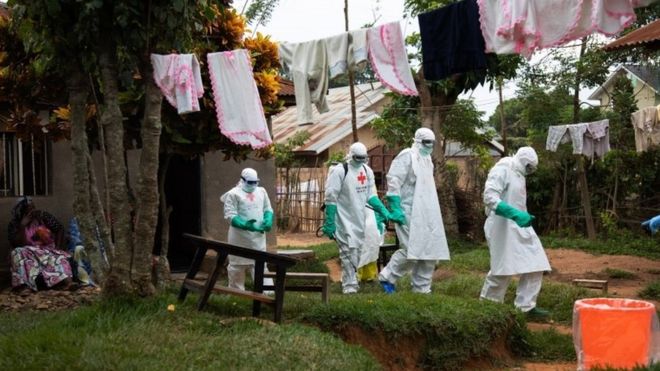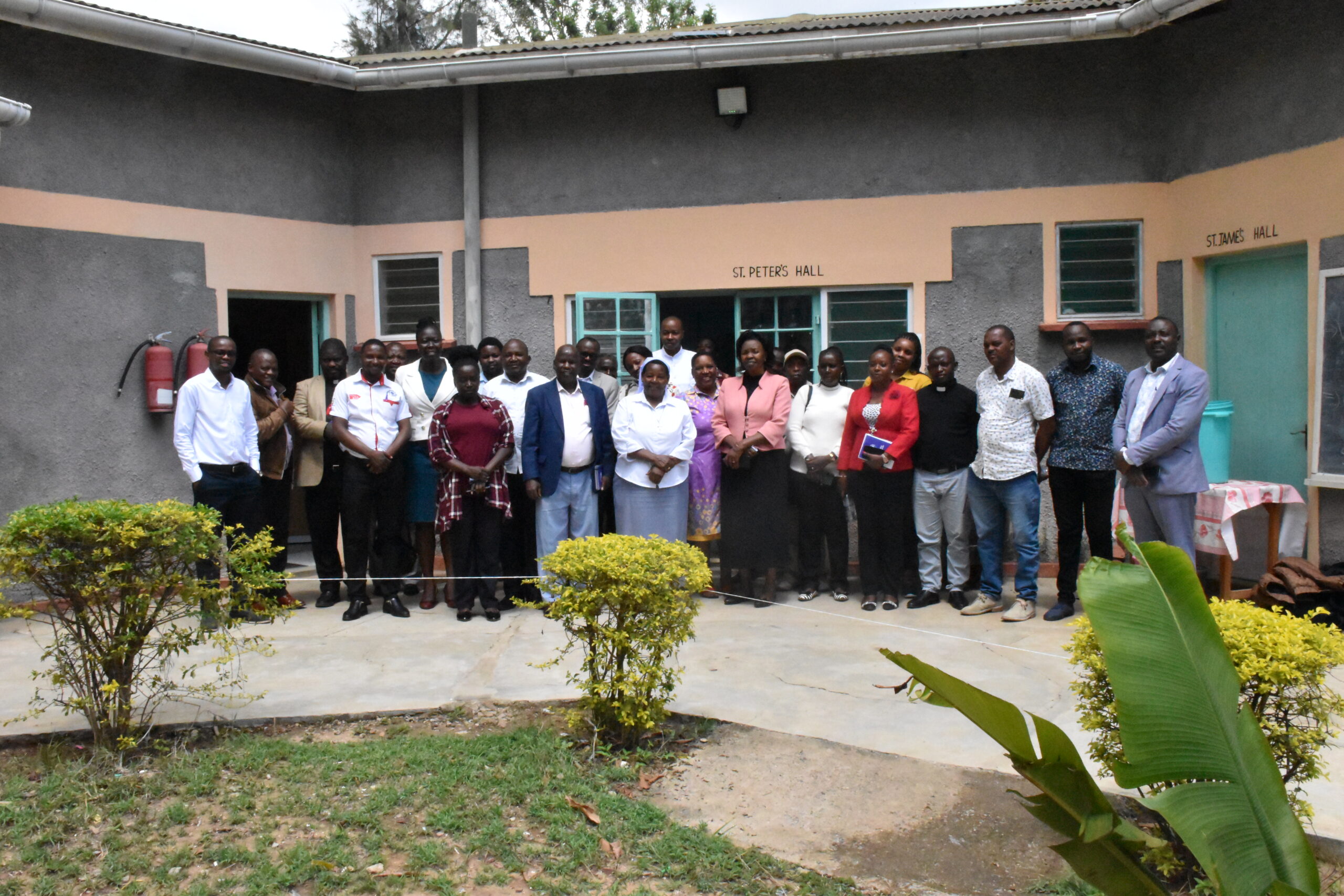By Nina Mitch
After being elevated to a global humanitarian emergency, WHO officials confirm that significant advances have been made as nearly 40% decrease in cases has been registered in the city of Beni, the epicenter of the Ebola outbreak.
Since August 2, no other case has been reported in the city of Goma, a border town with Rwanda where four cases have been reported so far. Dr. Jean-Jacques Muyembe, the coordinator of the Ebola response in North Kivu and Ituri, said that if all recommendations are taken into account and implemented, Ebola will be eradicated in three or four months in both provinces.
The people of Beni did not understand the disease and its consequences right away. They took Ebola as a policy and prevented the response teams from working. This resistance even led to the loss of an expert, WHO epidemiologist in Butembo, Dr. Valery Richard.
“I think that if all goes well, in three or four months, we will no longer talk about the epidemic in North Kivu and Ituri. The Ebola outbreak can only be completed if there is a community approach. Personally, I have already witnessed more than 12 Ebola outbreaks in the DRC and elsewhere” says Dr. Muyembe

Adding “At the time, we did not have vaccines. But it ended in 3 or 4 months. You have to believe, you have to be ambitious. And we believe and we are ambitious to end this epidemic in 3 or 4 months, “Dr. Muyembe says assuringly.
The epidemic has also exposed the flaws in basic knowledge by many citizens. Between Beni and the surrounding communities, including Mangina, there are many instances of people commuting without recourse to the dangers that Ebola possesses to their health, thus, expanding the chain of transmission.
Recent statistics by the World Health Organisation (WHO) says Ebola has already killed more than 500 children. The epidemic has a wider impact on children because of the high mortality rate in very young children with babies separated from their mothers to avoid contamination during breastfeeding.
“The most delicate care for a baby separated from his mother because of Ebola is his nutritional care. The feeding of suspected infants or confirmed Ebola patients is done exclusively with ready-to-use liquid milk. The choice and the handling of the milk require strict precautions so that another infection does not come to aggravate its disease,” says Yvonne Musoke, a nutritionist at the Butembo treatment center.
Nutrition has a vital role in fighting Ebola and related infections. Although breast milk is the only recommended food for children up to the age of 6 months, ready-to-use liquid milk saves children deprived of breast milk because of Ebola. The use of this milk reduces the handling and facilitates the management of weaned babies because of the Ebola virus disease.

There are other consequences of the Ebola outbreak. The epidemic has also forced orphaned children to drop out of school in addition to suffering the unbearable trauma of losing a loved one. This virus exposes them to the risk of being stigmatized, isolated or abandoned.
“Children living alone face the very real danger of all kinds of abuse and exploitation or being recruited by armed groups. Children do not go to school because their parents are dead and those who care for them cannot afford school fees, or because schools are closing because of insecurity,” says Heather Kerr, Director of Save the Children.
Ebola continues to ravage the east of the Republic of Congo and has already killed over 1888 people with more than 800 survivors in its wake. Wherever Ebola goes, it leaves on its trail orphans, widows and widowers but also parents without children.
According to UNICEF, the Ebola outbreak has affected more children than the previous ones. As of July 31 this year, 758 children had been infected with 2091 separated from their parents, and 1229 orphaned. This represents almost 30% of the total number of cases, compared to about 20% in the previous epidemic.
Young children especially those under five are particularly affected and infect their mother in return. In an unprecedented proportion, the impact is not limited only to those who have been infected.













